Introduction: In this article – part of an ongoing “Introduction to Genealogy” series – Gena Philibert-Ortega provides tips and links to find church records about your ancestor. Gena is a genealogist and author of the book “From the Family Kitchen.”
Church records are an alternative when other types of genealogical records, such as government-issued vital records, aren’t available. However, while that’s true, the term “church record” is somewhat vague. There is a reason for this vagueness. A church record could mean any number of documents depending on the time period, location, and the church your ancestor belonged to.
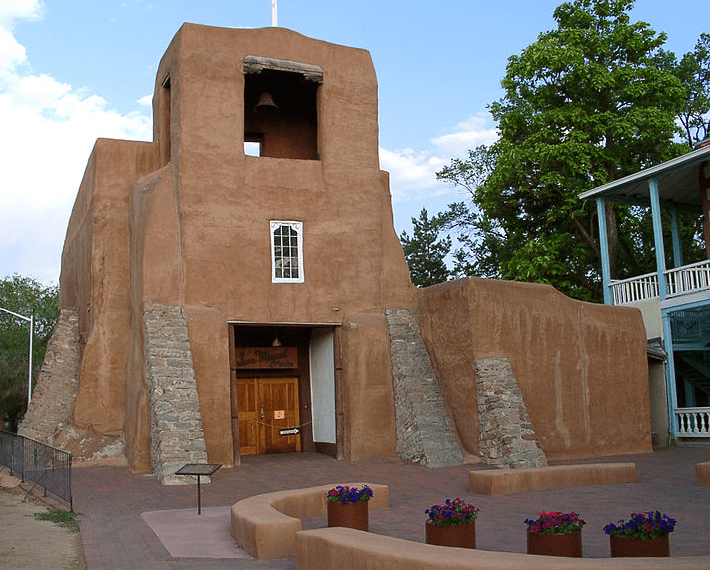
On top of that, whether church records still exist for that denomination or religion also depends on that institution’s archival practices, which can range from throwing old records away, storing them in an attic or janitor’s closet, keeping them at a local church meeting house, or archiving them in a church-owned repository like an archive or university. The subject of “church records” is a vast one, so let’s address some of the things you should consider as you search for these records.
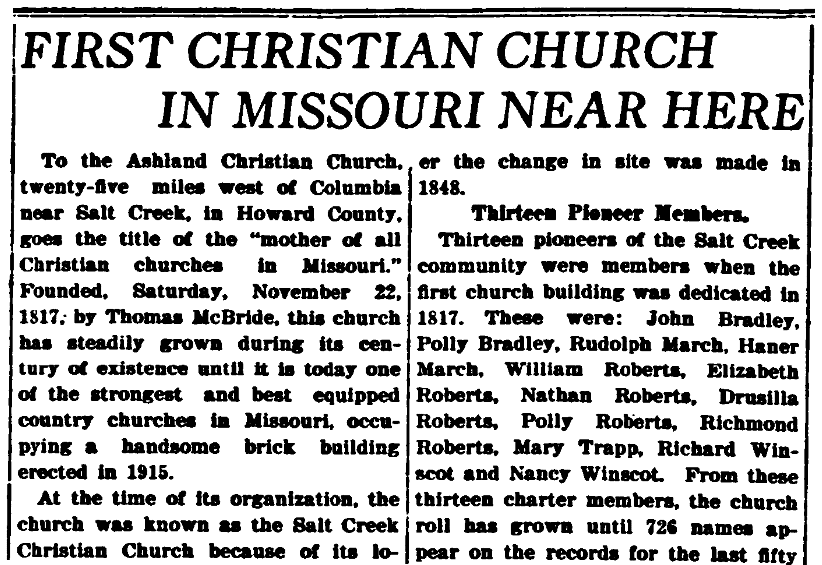
Learn More
Once you identify your ancestor’s religious community, it can be beneficial to learn a little bit about their beliefs and the records they kept. Not every Christian denomination is going to leave behind the same records, so knowing more about their history and beliefs can help you identify what they documented and the possible records that would name your ancestor.
Don’t forget that congregations inserted information about events, activities, and members in local newspapers. Make sure when searching the historical newspapers on GenealogyBank that you take some time to peruse your ancestor’s local newspaper for church news. You may find your ancestor named in an article or participating in church-related activities.
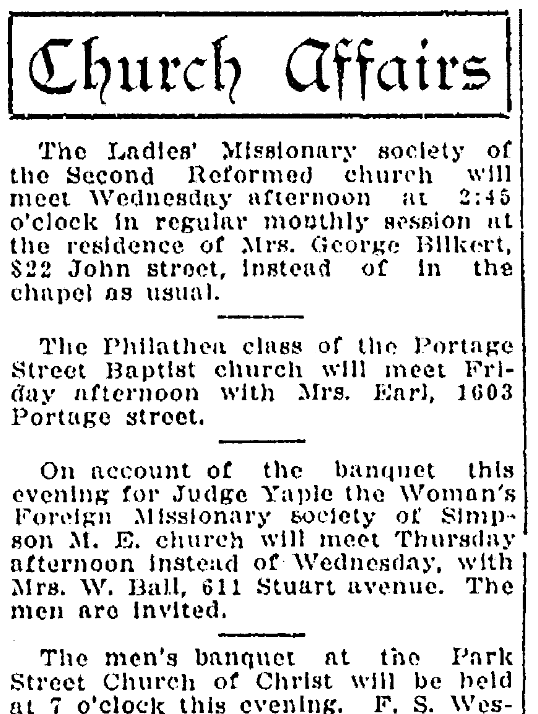
Don’t Assume
We often make assumptions about what genealogically related records might exist for our ancestor. That’s especially easy to do when we don’t take the time to learn more about our ancestor’s era and religious community.
Some researchers are surprised when I tell them that some churches, such as the Church of Jesus Christ of Latter-day Saints (Mormons), conducted censuses. Just like government censuses, these are great records for placing a family member in a specific location and time.
Some churches publish periodicals, newspapers, and magazines that include obituaries and lists of member’s names involved in various activities or achievements. These are important to locate and access in addition to official records.
Unfortunately, it’s also possible that your ancestor’s church records no longer exist. Fires, natural disasters, rodents, poor record keeping, or disinterest can all amount to a lack of records. So, don’t assume what records a church may have or that they even have the records you need. Do your homework and make contact with those who know.
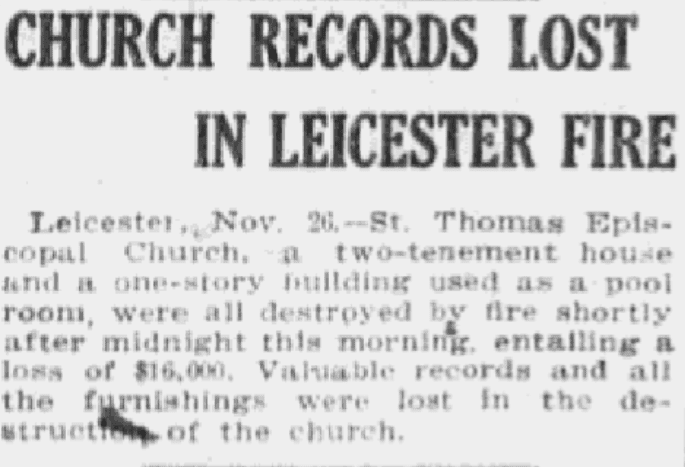
Start Online
Consider starting with a familiar online resource before identifying other repositories that might have the church records you need. I recommend that you begin with the FamilySearch Catalog. You can either conduct a Keyword search for the church you are looking for or you can search by the Place your ancestor lived. I suggest searches for the state, county, and city your ancestor lived in.
The FamilySearch Catalog has church records under the subject categories: church history; church directories; and church records.
Search the FamilySearch Research Wiki for the state you are interested in and the word “genealogy” (for example, California Genealogy). Those wiki pages include a list of “Wiki Topics” with hyperlinks to records (on the right-hand side), one of which is Church.
Don’t forget to also search the FamilySearch Digital Library and other digitized book websites, including Google Books and Internet Archive, for possible histories, cookbooks, and other church-related materials.
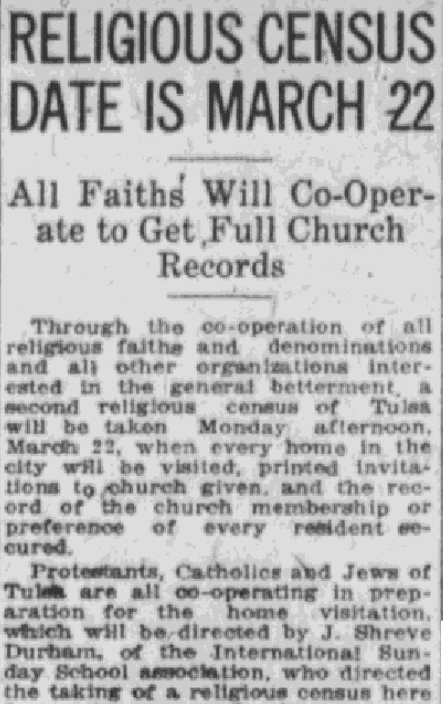
Identify Repositories
What repositories might have the records you are looking for? That’s a good question and the answer could be any number of places, including:
- The individual church meetinghouse where your ancestor worshipped
- A regional church repository like a diocese
- A church library or archive
- A church-sponsored university
- A non-Church repository like a state archive or historical society
- An online digital collection
You can start searching for records by calling the church in question first and then using online catalogs such as WorldCat and ArchiveGrid, as well as specific catalogs for the library or archive you are interested in.
Don’t Make Assumptions
I think the best piece of advice I can give you as you begin your search is to not make assumptions. It’s easy to assume that church records are at the church, right? That makes sense – but I’ve seen instances where church records are archived at a state library, which is not where most people assume a church record would be. Always make sure to identify the repositories that exist where your ancestor lived, learn more about the time period and the denomination, and check the local historical newspapers as you seek to document your ancestor in church records.
